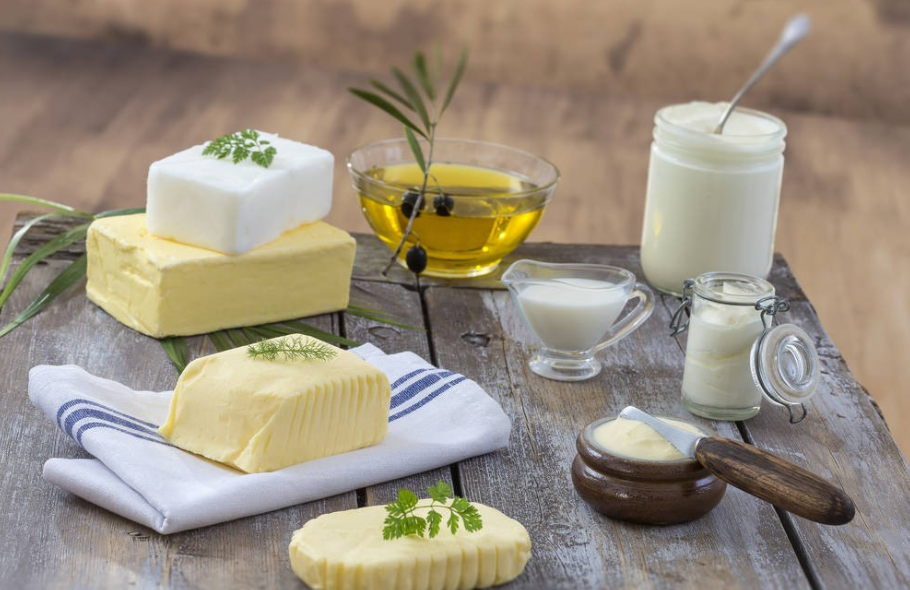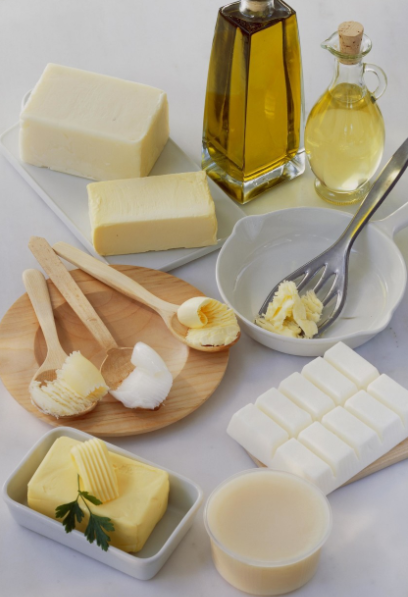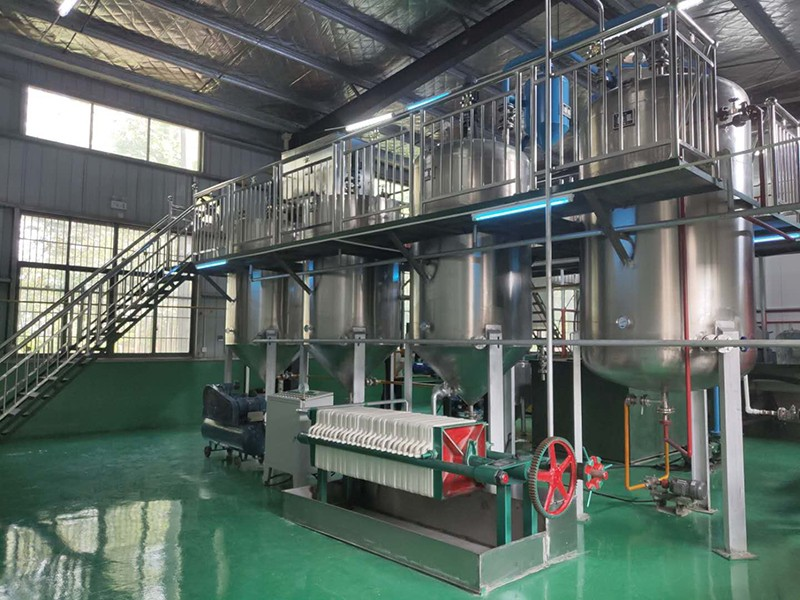Is animal oil better or vegetable oil better? How is animal oil refined? Animal oil is animal fat, represented by lard, which contains more saturated fatty acids and cholesterol. Excessive consumption can easily cause high blood pressure, arteriosclerosis, coronary heart disease, hyperlipidemia and cerebrovascular accidents, which is harmful to the human body. But animal oil has a good taste and can promote the absorption of fat-soluble vitamins A, D, E, and K. In addition, cholesterol in animal oil is also an important component of human tissue cells and an important raw material for the synthesis of bile and some hormones.

1. The advantages of animal oils compared to vegetable oils
Compared with ordinary vegetable oil, animal oil has an irreplaceable special fragrance, which can increase people's appetite. Especially when paired with radish, noodles and soy products, you can get delicious flavors that are difficult to achieve with other seasonings; animal oil contains a variety of fatty acids, and the content of saturated fatty acids and unsaturated fatty acids is almost equal. It has certain nutrients and can provide extremely high calories. . Butter has a high digestion and absorption rate in the human body, reaching more than 95%. It is a condiment with a high content of vitamin A and vitamin D. Its fat content is less than that of butter. It is more suitable for people and children who lack vitamin A.
2. Why should animal oil be refined
When animal fats and oils are extracted, the acid value of the refined animal fats is too high or there are impurities such as collagen due to a series of reasons such as blood stains left during slaughter. Therefore, these animal fats need to go through animal oil refining equipment when eating. The further refinement to remove impurities.

3. How to refine animal oil-animal oil refining equipment technology
The refining process of animal oil generally includes the steps of degumming, deacidification, decolorization, and deodorization.
(1) Degumming of animal oil
The purpose of degumming is to remove colloidal impurities in crude oil, mainly some proteins, phospholipids and mucus substances. At present, the main degumming method is acid refining, and the available acids are sulfuric acid, citric acid and phosphoric acid.
(2) Deacidification of animal oil
Since the acid value of the animal fat after boiling is too high, it does not meet the sanitary standards for edible animal fat, so it needs to be deacidified. The methods of deacidification include esterification deacidification, distillation deacidification, solvent deacidification and neutralization deacidification, among which the most commonly used is neutralization and deacidification.
(3) Animal oil decolorization
The purpose of decolorization is to remove the pigment components in the oil. Decolorization is often done by adding neutral or acid clay. A small amount of activated carbon can also be added to adsorb pigments and some oil degradation products.
(4) Deodorization of animal oil
Deodorization is to remove dirt and crude protein decomposition products mixed in from the outside during processing, and to remove odorous substances such as aldehydes, ketones, low-grade acids, peroxides, etc. produced by the oxidative rancidity of oils and fats.

The quality of animal oil refining equipment will affect the quality of animal oil products. The animal oil refining and processing equipment with poor technology will cause the produced animal oil to contain more water and impurities, high acid value, easy to deteriorate, and product quality is difficult to guarantee. Therefore, if manufacturers want to produce high-quality animal oil, they must not only control the refining parameters during production, but also choose a set of high-quality animal oil refining equipment.
Copyright © Henan Zhongxing Grain And Oil Machinery Co.,Ltd. All Rights Reserved. Powered by MetInfo